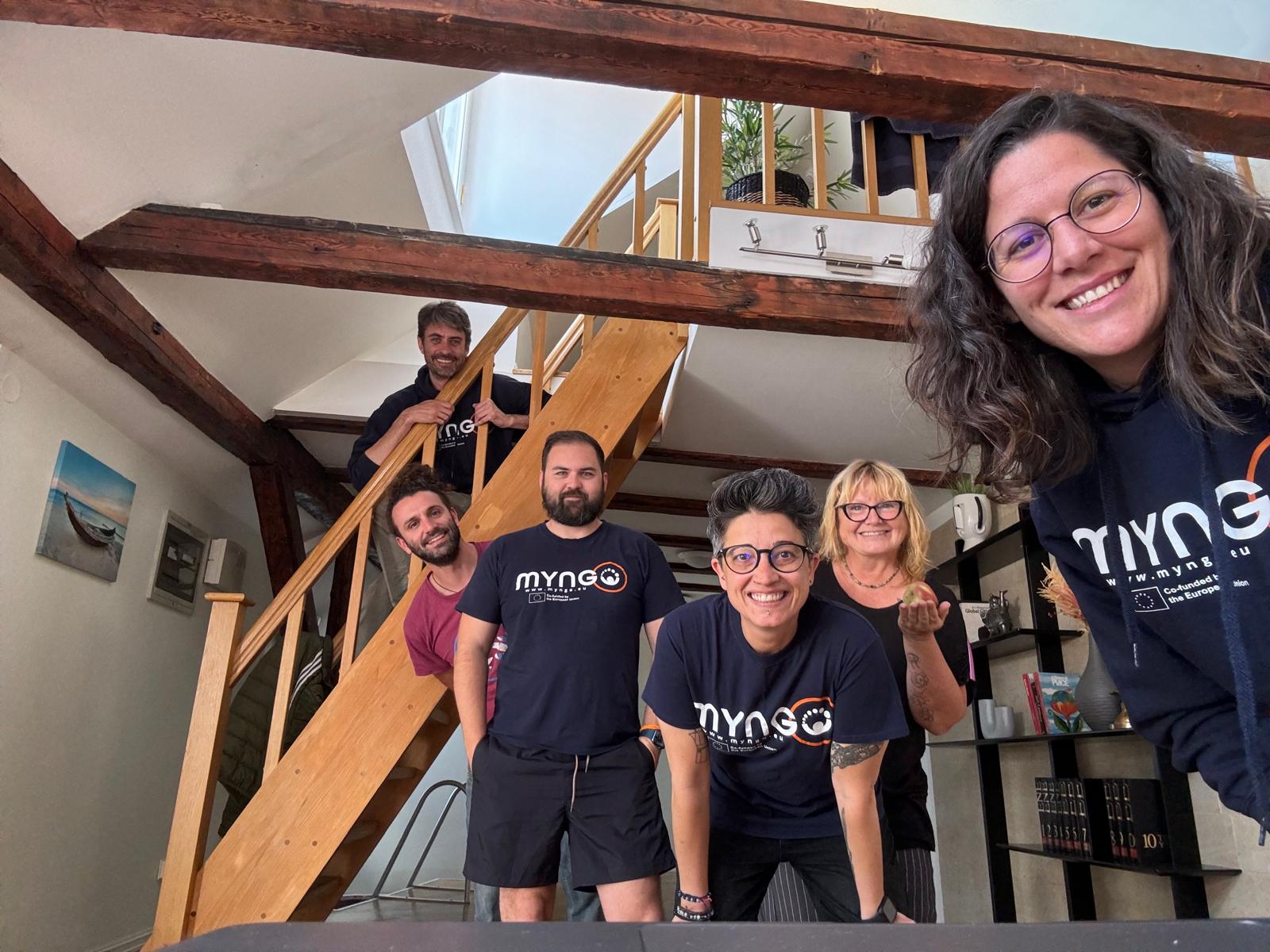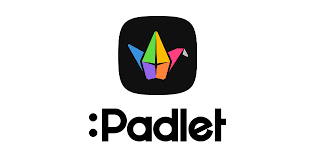“The future belongs to a very different kind of person with a very different kind of mind- creators and empathisers, pattern recognisers and meaning makers. These people- artists, inventors, designers, storytellers, caregivers, consolers, big picture thinkers- will now reap society’s richest rewards and share its greatest joys.” – Daniel Pink
Digital youth work refers to the use of digital technologies in youth work programs and activities. Youth work is a form of non-formal education that aims to support young people’s personal and social development. Digital youth work involves using digital tools and platforms to engage young people and provide them with opportunities to learn and develop skills in a range of areas, including digital literacy, media literacy, online safety, social engagement, and employability.
Digital youth work can take many forms, including online mentoring and coaching, online forums and discussion groups, social media campaigns, digital content creation, and online training and workshops. Digital youth work can be delivered by professional youth workers, volunteers, or peers, and can be targeted at young people from diverse backgrounds and with a range of needs and interests.
The use of digital technologies in youth work has become increasingly important in recent years, as young people are spending more time online and using digital tools for communication, learning, and socialising. Digital youth work provides young people with opportunities to develop their digital skills, enhance their social connections, and engage with the world in new and innovative ways.
In our ever-changing digital world, digital youth work has become a crucial tool for empowering young people and equipping them with the necessary skills to navigate the online space. In this article, we will discuss the benefits of digital youth work and how it can help young people thrive in our digital world.
- Improved Digital Literacy
Digital literacy is a critical skill in our digital world, and digital youth work can help young people to develop this skill. By using digital tools and technologies in their youth work programs, youth workers can help young people to become familiar with these tools and technologies and develop their skills in using them. This can include social media platforms, online communication tools, and digital content creation tools such as video editing software, graphic design software, and podcasting tools.
By improving their digital literacy, young people can become more confident in their use of digital technologies and better equipped to navigate the online world. They can also gain the skills and knowledge needed to pursue digital careers, which are increasingly in demand.
- Enhanced Media Literacy
In addition to digital literacy, digital youth work can also help young people to develop their media literacy skills. Media literacy is the ability to critically analyse and evaluate media content, including news articles, videos, and social media posts. Through digital youth work, young people can learn how to identify fake news, misinformation, and propaganda, and become better equipped to make informed decisions and opinions based on accurate information.
- Increased Online Safety
Another benefit of digital youth work is that it can help young people to stay safe online. Young people are particularly vulnerable to online risks such as cyberbullying, online grooming, and exposure to inappropriate content. Through digital youth work, young people can learn about online safety measures, including privacy settings, safe online behavior, and reporting mechanisms. This knowledge can help young people to protect themselves and their personal information while online.
- Greater Social Engagement
Digital youth work can also help young people to become more socially engaged. Digital technologies have changed the way we communicate and interact with others, and young people are often at the forefront of these changes. Digital youth work can provide young people with opportunities to connect with others and build positive relationships through digital platforms. This can help to reduce social isolation and promote positive mental health.
- Enhanced Employability
Finally, digital youth work can also help young people to enhance their employability skills. Digital technologies are increasingly being used in the workplace, and young people who have developed their digital skills and knowledge are better prepared for the world of work. Through digital youth work, young people can learn how to use digital tools and technologies in a professional setting, develop their teamwork and collaboration skills, and gain experience in digital content creation.
In conclusion, digital youth work is an essential tool for empowering young people and equipping them with the skills and knowledge they need to thrive in our ever-changing digital world. Through digital youth work, young people can improve their digital literacy and media literacy skills, increase their online safety, become more socially engaged, and enhance their employability skills. As digital technologies continue to shape our world, digital youth work is more important than ever in ensuring that young people are prepared for the future and can become confident and competent digital citizens who are ready to thrive in the digital age.
“Digital tools provide new opportunities for young people to express themselves creatively and engage with their communities in meaningful ways.” – MacArthur Foundation






